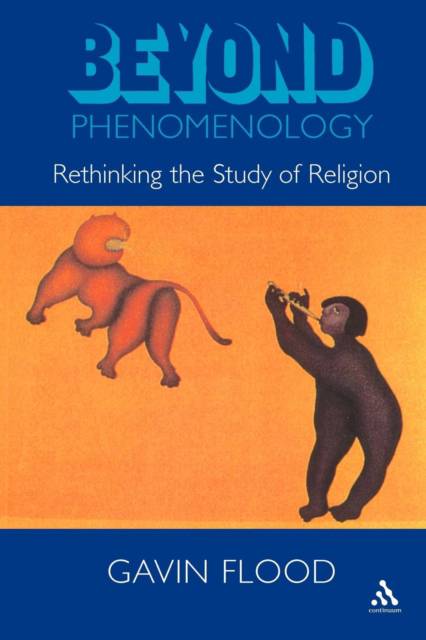
- Afhalen na 1 uur in een winkel met voorraad
- Gratis thuislevering in België vanaf € 30
- Ruim aanbod met 7 miljoen producten
- Afhalen na 1 uur in een winkel met voorraad
- Gratis thuislevering in België vanaf € 30
- Ruim aanbod met 7 miljoen producten
Omschrijving
This book argues that the understanding and explanation of religion is always historically contingent. Grounded in the work of Bakhtin and Ricoeur, Flood positions the academic study of religion within contemporary debates in the social sciences and humanities concerning modernity and postmodernity, particularly contested issues regarding truth and knowledge. It challenges the view that religions are privileged, epistemic objects, argues for the importance of metatheory, and presents an argument for the dialogical nature of inquiry. The study of religion should begin with language and culture, and this shift in emphasis to the philosophy of the sign in hermeneutics and away from the philosophy of consciousness in phenomenology has far-reaching implications. It means a new ethic of practice which is sensitive to the power relationship in any epistemology; it opens the door to feminist and postcolonial critique, and it provides a methodology which allows for the interface between religious studies, theology, and the social sciences.
Specificaties
Betrokkenen
- Auteur(s):
- Uitgeverij:
Inhoud
- Aantal bladzijden:
- 320
- Taal:
- Engels
- Reeks:
Eigenschappen
- Productcode (EAN):
- 9780304705702
- Verschijningsdatum:
- 1/10/1999
- Uitvoering:
- Paperback
- Formaat:
- Trade paperback (VS)
- Afmetingen:
- 155 mm x 234 mm
- Gewicht:
- 453 g

Alleen bij Standaard Boekhandel
Beoordelingen
We publiceren alleen reviews die voldoen aan de voorwaarden voor reviews. Bekijk onze voorwaarden voor reviews.







